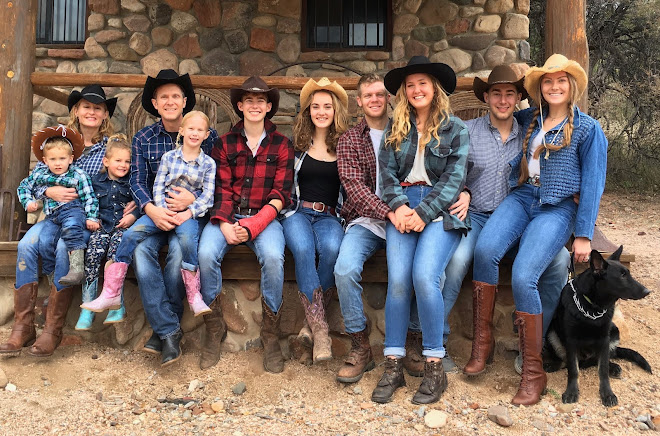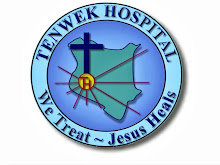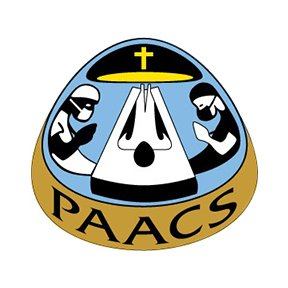This week, I finalized the twelve surgical cases which were
selected for my American Board of Orthopaedic Surgery (ABOS) part-2 oral
certification exam, scheduled for July 24, 2018 at 6:30am at the Palmer House
in downtown Chicago. It all felt rather
anti-climatic as I clicked the “submit” button around midnight on Thursday, after
literally a 10 year process of waiting, trusting, and praying for the board to
change it’s decades-old policy to allow me (and others) to “collect” cases
while working overseas in missions settings (see When God’s Voice Thunders inMiraculous Ways). Now, it all comes down
to a three hour, grueling oral examination in which I will describe and defend
these 12 cases, which were selected from a list of 120 that I did during a six-month
period from April to September 2017. In
many ways, those six months were the most difficult of my career as an
orthopaedic surgeon, as I felt continually pushed to the edge of my limitations,
and had to manage complications which might not have occurred otherwise in a
location without resource limitations. The
“strange and bizarre” cases at Kijabe, which differ so greatly from the “bread
and butter” cases in the states, I’m sure, will raise a few eyebrows during my
exam.
After 10 years practicing in rural Kenya, it almost feels as
if the “strange and bizarre” has become my new “bread and butter.” Just last week, I did a hemipelvectomy
(amputation of the entire hindquarter, including part of the pelvis) on a sweet,
45-year-old lady with dediffentiated chrondrosarcoma of the hip, a case way out
of my comfort zone (sorry, no pics on this one). Working late into
the night, tying off large pulsing arteries deep in the pelvis in this HIV+ patient,
her blood soaked through my cloth gown down to my skin. I fearfully wondered if I would now have to
take the one-month course of PEP (post-exposure prophylaxis) required after
exposure to HIV+ blood. Thankfully,
after consultation with the PEP specialist at Kijabe, that answer was “no,” as
these medications are known (by personal experience from another exposure in
which a general surgery resident decided to stick my finger with a needle) to
cause you to feel as if you’ve gotten the flu after being thoroughly beaten
with a lead pipe.
While I don’t have a hemipelvectomy on my list of 12, I
still have some other challenging cases to defend, such as the patient who
required an above knee amputation after her total knee replacement became infected
with e. Coli, likely obtained at the local hospital she went to for “therapy”
after discharge. Her daughters later explained the conditions
at this local hospital were entirely “unsanitary” and her wound left uncovered
for days on end. By the time she
returned to Kijabe, her knee was draining copious pus, and she had developed a
necrotizing-type fasciitis, which could not be controlled despite strong
antibiotics and multiple trips to theatre.
Because I work in a resource-poor setting, other non-conventional
techniques will need to be gingerly explained to the examiners, for instance, why
I used a shorter plate here, or why I used a SIGN nail there. Thankfully, though, all patients, whether
complicated or not, did remarkably, even miraculously, well.
In the end, it is clear that God is sovereignly
orchestrating all these events, from beginning to end, including the exact
cases that were selected. I’m praying this
examination will be a testimony to many that God is at work around the world to
bring glory to His name through orthopaedic medical missions. Your fervent prayers are also appreciated
during the final prep all the way up to the time of the actual exam. Pray not only that I pass, but also that God
would be glorified through the process, and that He would raise up others to
follow a similar path so that PAACS orthopaedics can continue to expand (more
on that later!).
Thanks for your ongoing prayers and support!









